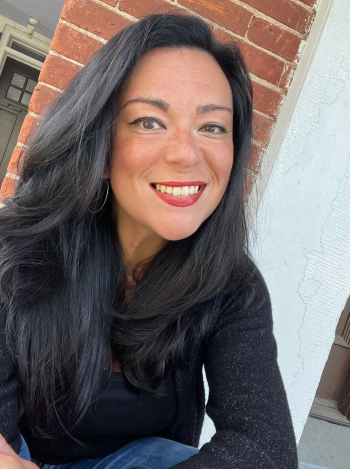SPRING 2026
Joan Kwon Glass - Visiting Poet
Joan Kwon Glass is a diasporic, mixed-race, Korean American poet, author of the poetry collection
DAUGHTER OF THREE GONE KINGDOMS which won the 2025 Paterson Poetry Prize & the Eric
Hoffer Book Award for Poetry & was a finalist for the 2025 Balcones Poetry Prize &
the Eric Hoffer Book Award Grand Prize. Her book, NIGHT SWIM, won the 2021 Diode Book
Prize. Joan’s poems have been featured on NPR & in Poetry, The Slowdown, Poetry Daily, Passages North, Poetry Northwest, Korea
Quarterly, Prairie Schooner & elsewhere. She is a 2025 SWWIM Writer in Residence & has been a visiting writer
at Amherst College, Smith College, Wesleyan University & elsewhere. Joan teaches workshops
at writing centers such as Brooklyn Poets, Poets House & Hudson Valley Writers Workshop.
She lives near New Haven, CT. 
Monday, April 13th, 7:15pm
Reading and Book Signing
Philips Autograph Library
